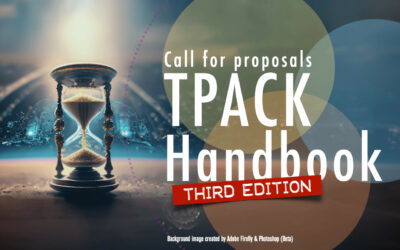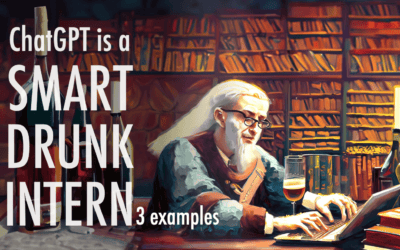Qaiser Malik called me yesterday to tell me that a paper we have been working on:
Malik, Q., Mishra, P., & Shanblatt, M. (2008). Identifying learning barriers for non-major engineering students in electrical engineering courses. Proceedings of the 2008 American Society for Engineering Education, North Central Section Conference.
received the third prize for best paper at the annual conference of the American Society for Engineering Education, North Central Section, the only paper with a graduate student as first author to do so. You can download the paper here (pdf), or see the presentation (swf) below.
Or see it full screen, by clicking here.




0 Comments